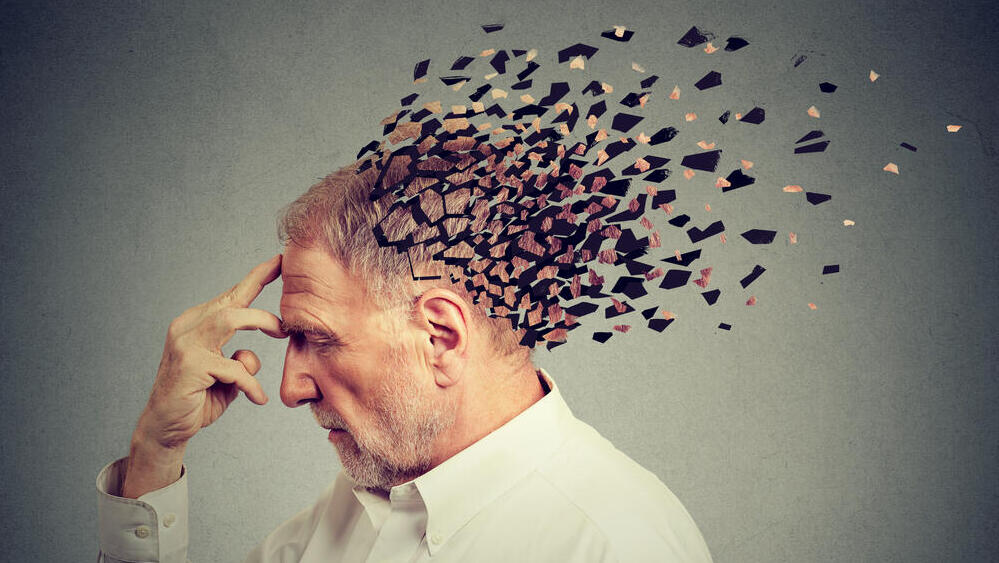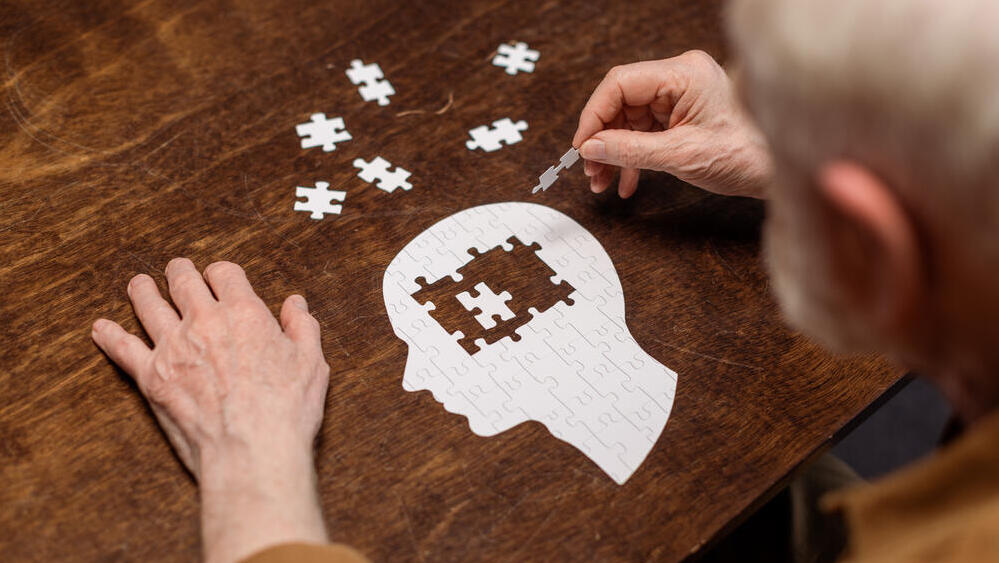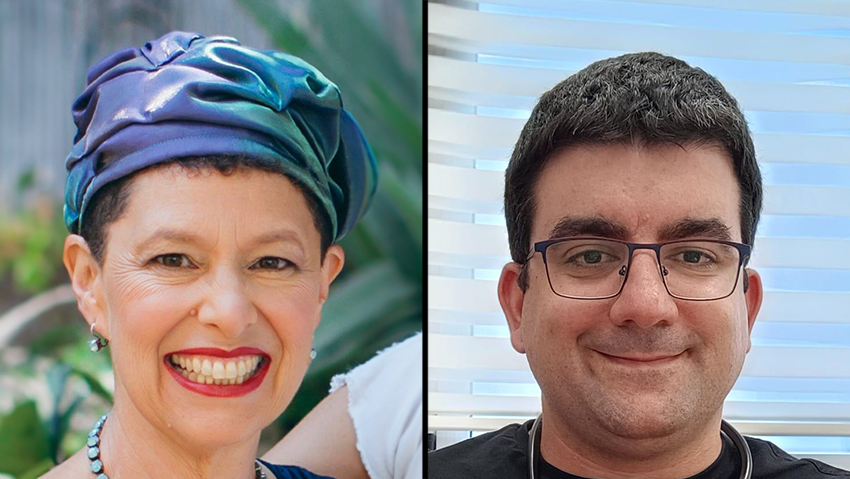Alzheimer's disease is the most common form of dementia, a degenerative brain disease that manifests as a gradual loss of cognitive abilities. Alzheimer's primarily affects memory, thinking and judgment. It’s a progressive disease, meaning it gets worse over time, eventually impairing the ability to communicate and perform daily activities.
The disease attacks nerves, brain cells and neurotransmitters (chemicals released by the brain to relay messages between body cells and the brain and within the brain itself).
The destruction of various parts of the brain leads to the formation of protein clusters around brain cells. These clusters, known as plaques and tangles, continue to damage the existing connections between brain cells, progressively worsening the disease.
According to an article published in the prestigious medical journal Lancet in 2024, the global number of dementia patients in 2019 was estimated at about 57 million people.
Due to population growth and aging, this number is expected to rise to 153 million by 2050. In Israel, the number of people suffering from dementia was estimated by the Health Ministry and other sources at around 150,000 in 2020.
How does the disease manifest?
Although the disease is related to aging and old age, the exact cause of its onset is still unclear. The early stages of Alzheimer's are characterized by symptoms such as minor memory problems and difficulty recalling words. These symptoms get worse as the disease progresses and may lead to confusion, personality changes and significant behavioral changes.
How common is Alzheimer's disease?
The disease is most common among people over the age of 65, affecting one in 20 people in this age group. As age increases, so does the disease's prevalence. Among those age 80 and over, one in five may develop Alzheimer's. The disease is rare in people under 65 (affecting only one in 1,000 people).
How is it diagnosed?
Alzheimer's is not easy to diagnose, as its symptoms resemble those of other brain neurological conditions. No two cases of Alzheimer's are exactly alike, as different people respond differently to their condition. However, three typical stages are identified in the progression of the disease: mild, moderate and severe.
Alzheimer's doesn't develop suddenly and it often takes time before the symptoms become noticeable. These symptoms progress slowly over a period of seven to 10 years, with the rate of decline varying from patient to patient.
Early detection of Alzheimer's is crucial for beginning treatment to slow down the decline and preserve cognitive function and independent functioning and ensure quality of life.
What are the chances of recovery?
Although Alzheimer's is incurable, some medications can slow its progression. As with other forms of dementia, it's essential to create a comprehensive treatment plan for Alzheimer's patients that provides all the necessary treatments and support they need.
What actions can reduce the risk of Alzheimer's?
Although researchers and pharmaceutical companies are developing blood tests to identify at-risk individuals and early treatments, there are daily activities that can reduce the risk of developing Alzheimer's by about 40%. Balancing blood pressure, diabetes and weight, engaging in physical activity and quitting smoking can reduce the risk by 11%.
These changes aren’t limited to younger ages – making adjustments to balance these risk factors can have a positive impact and reduce the risk of developing Alzheimer's even in older age. For example, quitting smoking, even at an older age, can lower the risk of developing the disease.
Social stimulation and its impact on hearing and vision
Social engagement is crucial in reducing the risk of developing Alzheimer's disease. Social activities and addressing depression can reduce the risk by 8%. Additionally, hearing loss increases the risk of developing Alzheimer's. Encouraging the use of hearing aids for all those with hearing impairments could lower the risk of Alzheimer's by another 7%.
A recent Lancet report highlighted the impact of visual impairments and high cholesterol, which also increase the risk of Alzheimer's. Other risk factors include head injuries, air pollution, low levels of education and excessive alcohol consumption.
Innovations in research and development
As Alzheimer's disease progresses, proteins that cause damage accumulate in the brain, with amyloid and tau being the main ones. Recently, two new drugs targeting amyloid were approved in the U.S., aimed at clearing its accumulation from the brain.
These drugs slightly slow the disease's progression in its very early stages, though the slowdown might not be noticeable to the patient or their family, leading to some controversy.
These medications are very expensive, administered via infusion in day hospitalization every two weeks to a month and require genetic and imaging tests before, during and after treatment. The drugs have yet to be included in Israel's health care basket.
Progress in research and development on the disease brings hope, but in the meantime, it’s advisable to continue implementing the recommended activities to reduce risk, as their impact is significant.
- Dr. Shelly Sternberg is the director of geriatric treatment for Maccabi Healthcare Services's Jerusalem district, and Dr. Roy Malka is a geriatrician and head of Maccabi Healthcare Services' home care unit.





